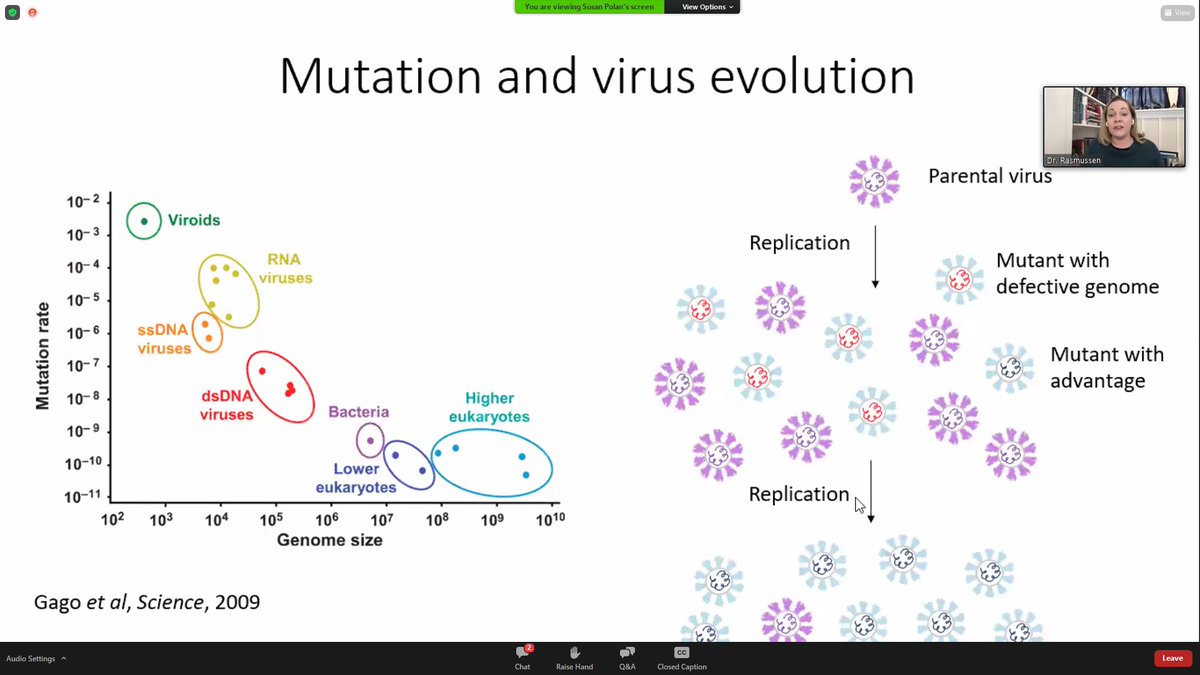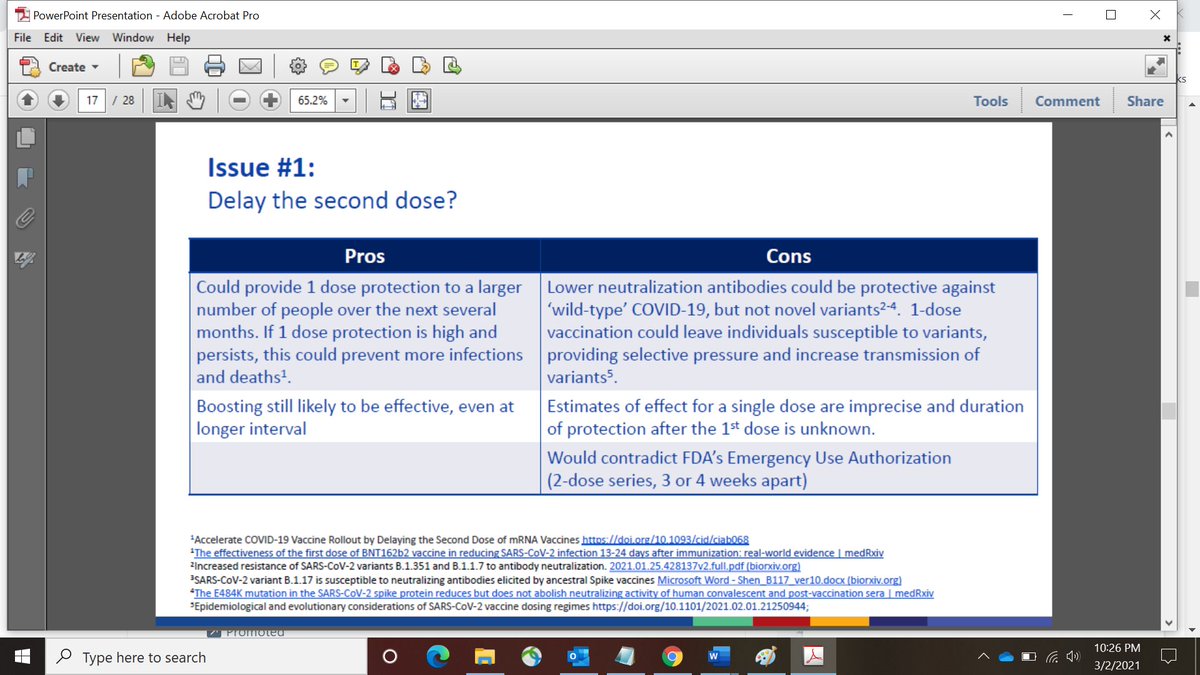
ICYMI: The @cdc's Dr. Jay Butler talked to the @IDSAInfo this week on the Delta variant and vaccines. vimeo.com/574457791
2/3 of all adults have gotten 1 dose of vaccine, including 90% over age 65 have gotten one dose, 80% of those over 65 are fully vaccinted.
2/3 of all adults have gotten 1 dose of vaccine, including 90% over age 65 have gotten one dose, 80% of those over 65 are fully vaccinted.
@cdc's Dr. Jay Butler says no evidence of waning immunity from covid vaccines.
@AndrewPaviaMD Hospitalizations in Utah have doubled. Case positivity rates have tripled. ICU's are now operating at over 100% capacity. Haven't yet had to create emergency ICUs, which is normally full in summer due to trauma.
@AndrewPaviaMD It's harder to treat these late covid surges b/c nurses are so burned out. "A lot of people are at the end of their rope."
@AndrewPaviaMD Rates of hospitalization are highest in rural areas, where vaccination rates are low. 50% of all people in Utah have gotten first dose, including young people not eligible for vaccine.
In Utah, 92% of sequenced variant viruses were delta in the past week. Delta is more "fit" than other variants. It's spreading among unvaccinated. vimeo.com/574457791
@AndrewPaviaMD: What's driving spread of the virus is people wanting it to be over and acting like it's over, although it's not.
Dr. Jay Butler of @CDCgov: Over 99% of all covid cases are occurring in unvaccinated people.
Jay Butler: Biggest concern is among those who are most medically vulnerable to covid, or those who are immune-compromised.
@AndrewPaviaMD: Giving covid boosters too soon would waste vaccine that rest of the world desperately needs, but giving them too late risks allowing people to become sick. vimeo.com/574457791
Jay Butler of @CDCgov: It's still unclear if coronavirus falls into a seasonal pattern.
Jay Butler of @CDCgov: Hospitalizations have increased in past week. Not yet a major spike in deaths, says Andrew Pavia, probably because so many older people are vaccinated.
@AndrewPaviaMD: Is Delta causing more severe disease in younger people? Anecdotally, there could be more virulence, but we don't know yet.
Jay Butler: We're getting better at treating covid, so that may be keeping mortality rates lower during these latest surges.
@AndrewPaviaMD: Although mortality rates are relatively low, death is not the only thing to worry about. "Surviving after 2 weeks in the ICU is an incredibly traumatic, life-changing experience, so I don't want people to be too reassured by that."
Jay Butler of @CDCgov says vaccine protects against severe illness and reduces infectiousness. Breakthrough cases rare, they are also milder, and people shed less virus.
@AndrewPaviaMD: If it's your child in the ICU, or your child who ends up with long covid, that doesn't seem like mild disease. CDC is studying whether MIS-C is more common with Delta variant. vimeo.com/574457791
• • •
Missing some Tweet in this thread? You can try to
force a refresh












